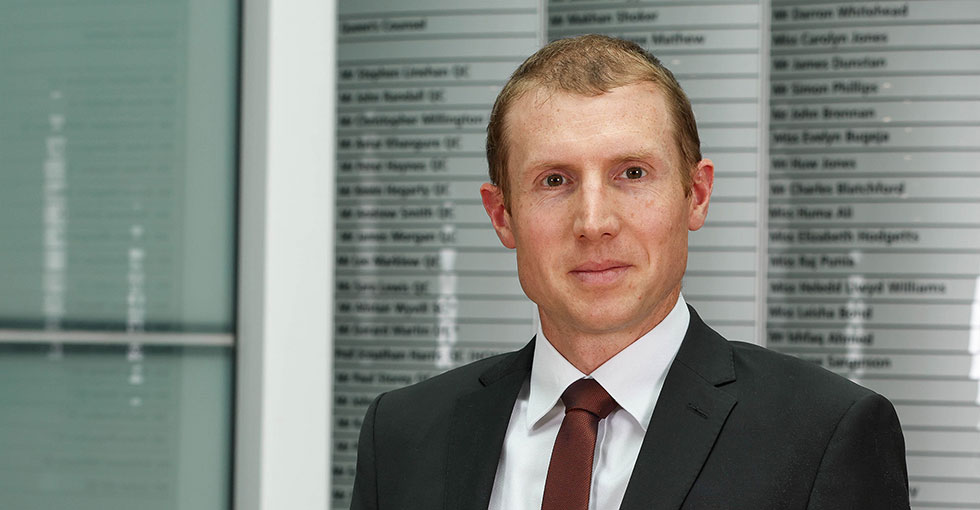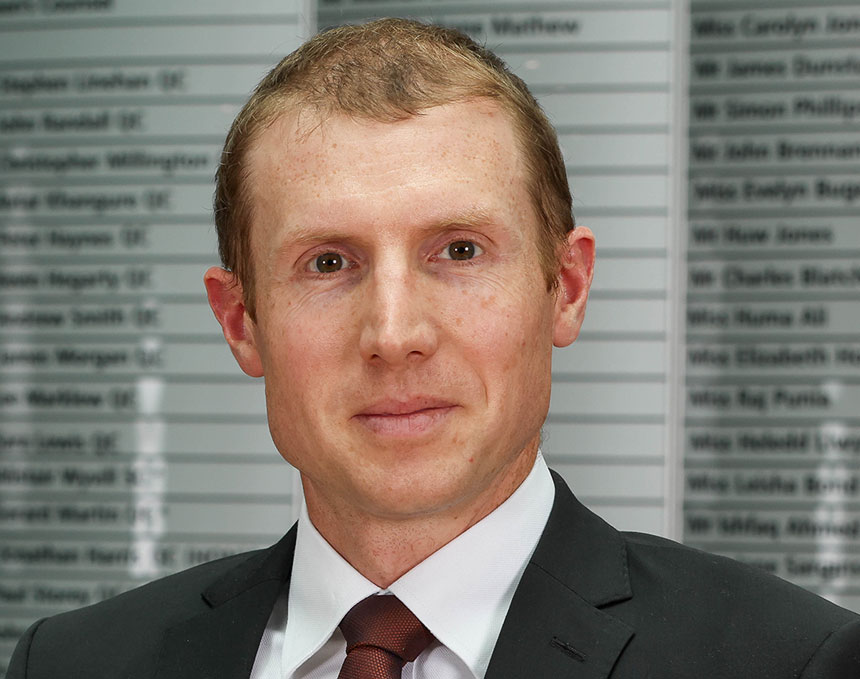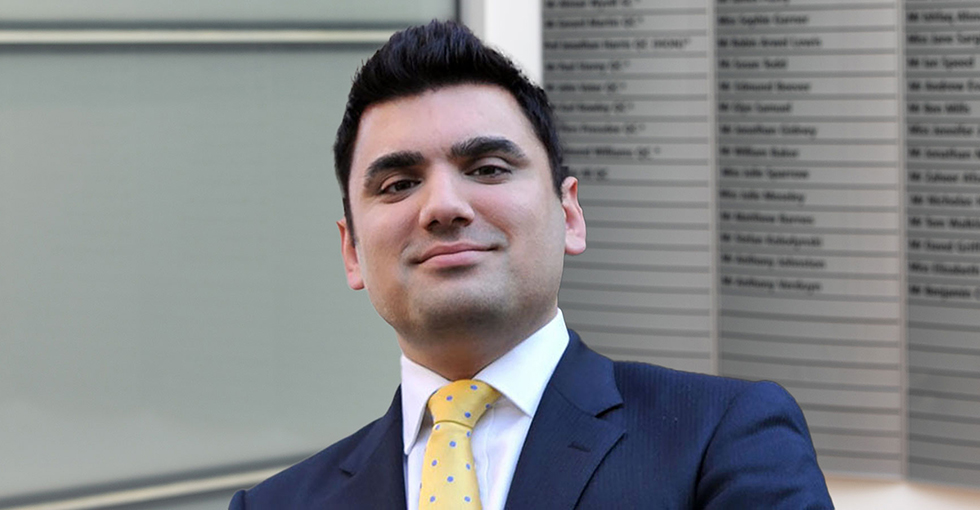by Robert Mundy, Barrister
Last week, His Honour Judge Stephen Eyre QC summarised the proper approach to appli-cations for an adjournment or an extension of time because of Covid-19.
He did so in Muncipio de Mariana v BHP Group Plc [2020] EWHC 928 (TCC), a case in which over 200,000 claimants seek compensation for losses suffered as a result of the collapse of the Fundão Dam in Brazil. On the defendants’ challenge to the court’s jurisdiction to hear the case, expert evidence in reply was due in May and a seven-day hearing was listed in June. The defendants asked the court to extend time for the reply evidence by a few weeks and to adjourn the trial until the autumn.
HHJ Eyre QC summarised the guidance given so far on extensions of time, saying at [32]:
- “The objective if it is achievable must be to be keep to existing deadlines and where that is not realistically possible to permit the minimum extension of time which is re-alistically practicable. The prompt administration of justice and compliance with court orders remain of great importance even in circumstances of a pandemic.
- The court can expect legal professionals to make appropriate use of modern technol-ogy. Just as the courts are accepting that hearings can properly be heard remotely in circumstances where this would have been dismissed out of hand only a few weeks ago so the court can expect legal professionals to use methods of remote working and of remote contact with witnesses and others.
- While recognising the real difficulties caused by the pandemic and by the restrictions imposed to meet it the court can expect legal professionals to seek to rise to that chal-lenge. Lawyers can be expected to go further than they might otherwise be expected to go in normal circumstances and particularly is this so where there is a deadline to be met (and even more so when failing to meet the deadline will jeopardise a trial date). So the court can expect and require from lawyers a degree of readiness to put up with inconveniences; to use imaginative and innovative methods of working; and to acquire the new skills needed for the effective use of remote technology. As I have already noted metaphors may not be particularly helpful but the court can expect those involved to roll up their sleeves or to go the extra mile to address the problems encountered in the current circumstances. It is not enough for those involved simply to throw up their hands and to say that because there are difficulties deadlines cannot be kept.
- The approach which is required of lawyers can also be expected from those expert witnesses who are themselves professionals. However, rather different considerations are likely to apply where the persons who will need to take particular measures are private individuals falling outside those categories.
- The court should be willing to accept evidence and other material which is rather less polished and focused than would otherwise be required if that is necessary to achieve the timely production of the material.
- However, the court must also take account of the realities of the position and while requiring lawyers and other professionals to press forward care must be taken to avoid requiring compliance with deadlines which are not achievable even with proper effort.
- It is in the light of that preceding factor that the court must be conscious that it is likely to take longer and require more work to achieve a particular result (such as the production of evidence) by remote working than would be possible by more tradi-tional methods. In the context of the present case the Defendants said that meetings conducted remotely took twice as long and achieved less than those conducted face to face. The Claimants challenged the precise calculation but accepted that such meetings would be likely to take longer and that is readily understandable particularly in a case such as the present involving large quantities of documents and requiring at least to some extent the use of interpreters.
- In the same way the court must have regard to the consequences of the restrictions on movement and the steps by way of working from home which have been taken to address the pandemic. In current circumstances the remote dealings are not between teams located in two or more sets of well-equipped offices with fast internet connex-ions and with teams of IT support staff at hand. Instead they are being conducted from a number of different locations with varying amounts of space; varying qualities of internet connexion; and with such IT support as is available being provided re-motely. In addition those working from home will be working from homes where in many cases they will be caring for sick family members or for children or in circum-stances where they are providing support to vulnerable relatives at another location.
- Those factors are to be considered against the general position that an extension of time which requires the loss of a trial date has much more significance and will be granted much less readily than an extension of time which does not have that effect. That remains the position in the current circumstances and before acceding to an ap-plication for an extension of time which would cause the loss of a trial date the court must be confident that there is no alternative which is compatible with dealing fairly with the case.”
The approach which is required of lawyers can also be expected from those expert witnesses who are themselves professionals. However, rather different considerations are likely to apply where the persons who will need to take particular measures are private individuals falling outside those categories.
On the issue of adjournment, HHJ Eyre QC said at [24]:
- “Regard must be had to the importance of the continued administration of justice. Jus-tice delayed is justice denied even when the delay results from a response to the cur-rently prevailing circumstances.
- There is to be a recognition of the extent to which disputes can in fact be resolved fairly by way of remote hearings.
- The courts must be prepared to hold remote hearings in circumstances where such a move would have been inconceivable only a matter of weeks ago.
- There is to be rigorous examination of the possibility of a remote hearing and of the ways in which such a hearing could be achieved consistent with justice before the court should accept that a just determination cannot be achieved in such a hearing.
- Inevitably the question of whether there can be a fair resolution is possible by way of a remote hearing will be case-specific. A multiplicity of factors will come into play and the issue of whether and if so to what extent live evidence and cross-examination will be necessary is likely to be important in many cases. There will be cases where the court cannot be satisfied that a fair resolution can be achieved by way of a remote hearing.”
Applying this approach, the court adjourned the trial by only a month. A month’s extension was needed so that the court could consider the expert evidence. But a further extension to the autumn, in the hope that trial could then take place in person, was neither necessary nor desirable, even though the hearing would be complex, involve a large volume of material and be of considerable importance to the parties.










